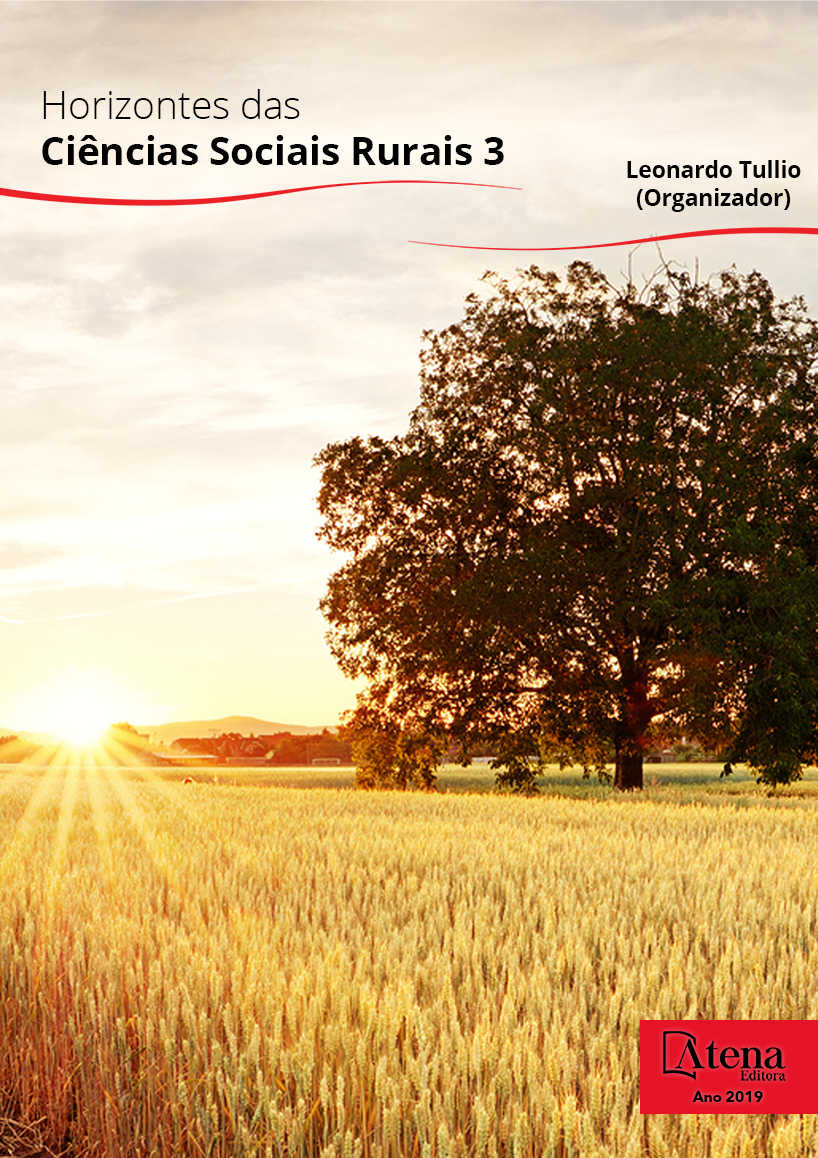
A INFLUÊNCIA DA TAXA DE CÂMBIO NAS EXPORTAÇÕES BRASILEIRAS DE CARNE BOVINA IN NATURA
A partir da abertura econômica,
nos anos de 1990, o Brasil começou a ter
mais visibilidade no mercado internacional de
produtos agrícolas. Nesse mesmo período,
houve um aumento na demanda mundial
por commodities originadas da agricultura e
da pecuária, caso da carne bovina, aliada a
um aumento de preços, em média, de 60%.
Sendo assim, observou-se que a taxa de
câmbio desempenha grande influência nas
exportações dessas commodities. O objetivo do
artigo é analisar a influência da taxa de câmbio
nas exportações líquidas de carne bovina in
natura. Para a obtenção de resultados, foi
utilizado o modelo do Vetor de Correção de
Erros (VEC). Os principais resultados revelam
que, no longo prazo, as exportações brasileiras
de carne bovina in natura se elevaram mais que
proporcionalmente às mudanças cambiais. Já
no curto prazo, dado um desequilíbrio na taxa
de câmbio, o ajuste se dá de uma forma lenta,
em torno de 4,5% em cada período.
A INFLUÊNCIA DA TAXA DE CÂMBIO NAS EXPORTAÇÕES BRASILEIRAS DE CARNE BOVINA IN NATURA
-
DOI: 10.22533/at.ed.32919180210
-
Palavras-chave: Carne bovina. Taxa de câmbio. Exportações.
-
Keywords: Beef; exchange rate; exports.
-
Abstract:
From the economic opening in the
1990s, Brazil began to have more visibility on
the international market of agricultural products.
In the same period there was an increase in
world demand for commodities originating
from agriculture and livestock, combined with a
price increase on average by 60%. Thus, it was
observed that the exchange rate played a great
influence on the exports of these commodities,
as it has changed after the stagnation of the
inflation, due to the implementation of the Real
Plan. The aim of this paper is to analyze the
influence of the exchange rate on net exports
of fresh beef. To obtain the results we used
the VAR methodology - Vector Autoregressive,
and also the VEC- Error Correction Vector
and the required tests to complete the model.
Thus, the main results obtained show that, in
the long run, Brazilian exports of fresh beef
rise proportionately more than the exchange
rate changes. In the short term, because of an
imbalance in the series of the exchange rate, the adjustment takes place in a slow
manner, around 4.5% in each period.
-
Número de páginas: 15
- Bruna Márcia Machado Moraes


